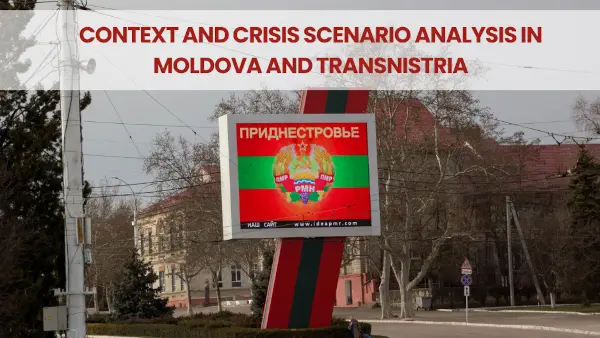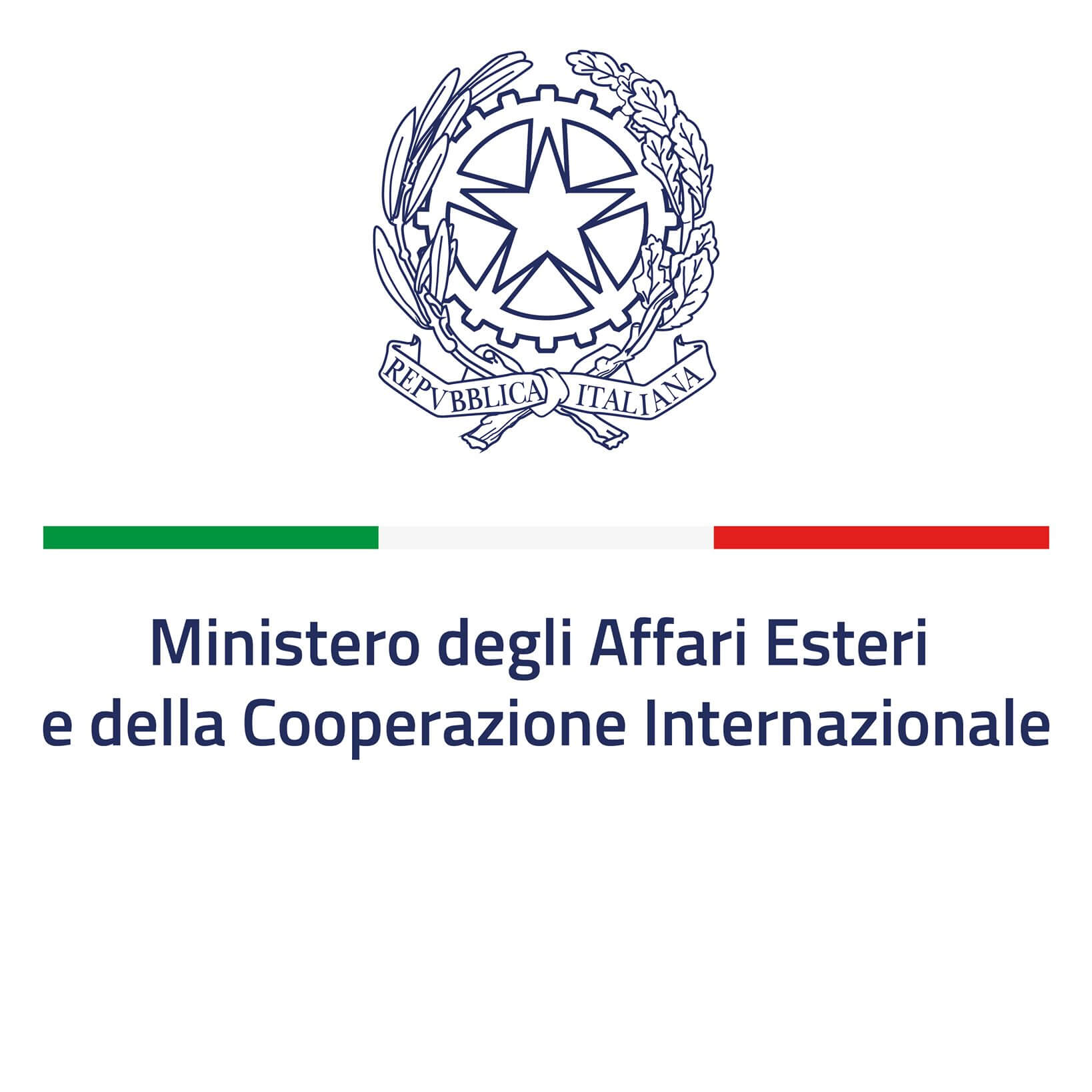Context and crisis scenario analysis in Moldova and Transnistria

Transnistria is the longest-lasting ongoing protracted conflict in continental Europe. For more than thirty years after the violent events of 1992, this region internationally recognised as part of Moldova has been ruled by de facto authorities in Tiraspol without attracting much international attention.
From the socio-economic point of view, stability in Transnistria has largely been enabled by considerable assistance offered by the Russian Federation through different means, including a scheme known as the “gas subsidy” which relies on Gazprom providing gas to the region effectively free of charge. Russia’s invasion of Ukraine, however, may well end up shaking irremediably some of the foundations that gave remarkable stability to the current arrangement. On 31 December 2024, the five-year deal that covers the transit of Russian gas through Ukraine towards Europe is due to end, and, in all likelihood, it won’t be renewed. An abrupt end to the Russia-sponsored gas supply would disrupt the prevalent socio-economic arrangements in Transnistria virtually overnight.
This project reports on conflict dynamics and offers context and scenario analyses in order to favour policies able to prevent crises, or at least mitigate their consequences.
This project is realized with the support of the Unit for Analysis, Policy Planning, Statistics and Historical Documentation – Directorate General for Public and Cultural Diplomacy of the Italian Ministry of Foreign Affairs and International Cooperation, in accordance with Article 23 ‒ bis of the Decree of the President of the Italian Republic 18/1967.
The views expressed are solely those of the authors and do not necessarily reflect the views of the Ministry of Foreign Affairs and International Cooperation.



